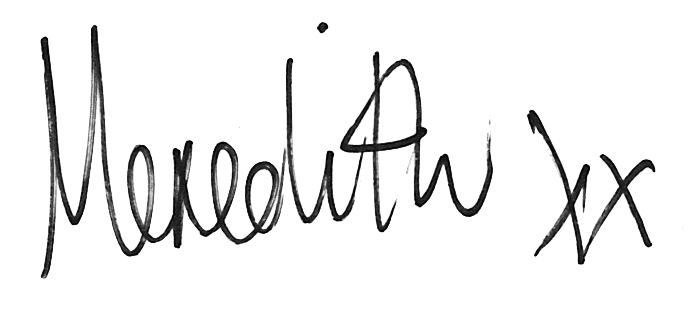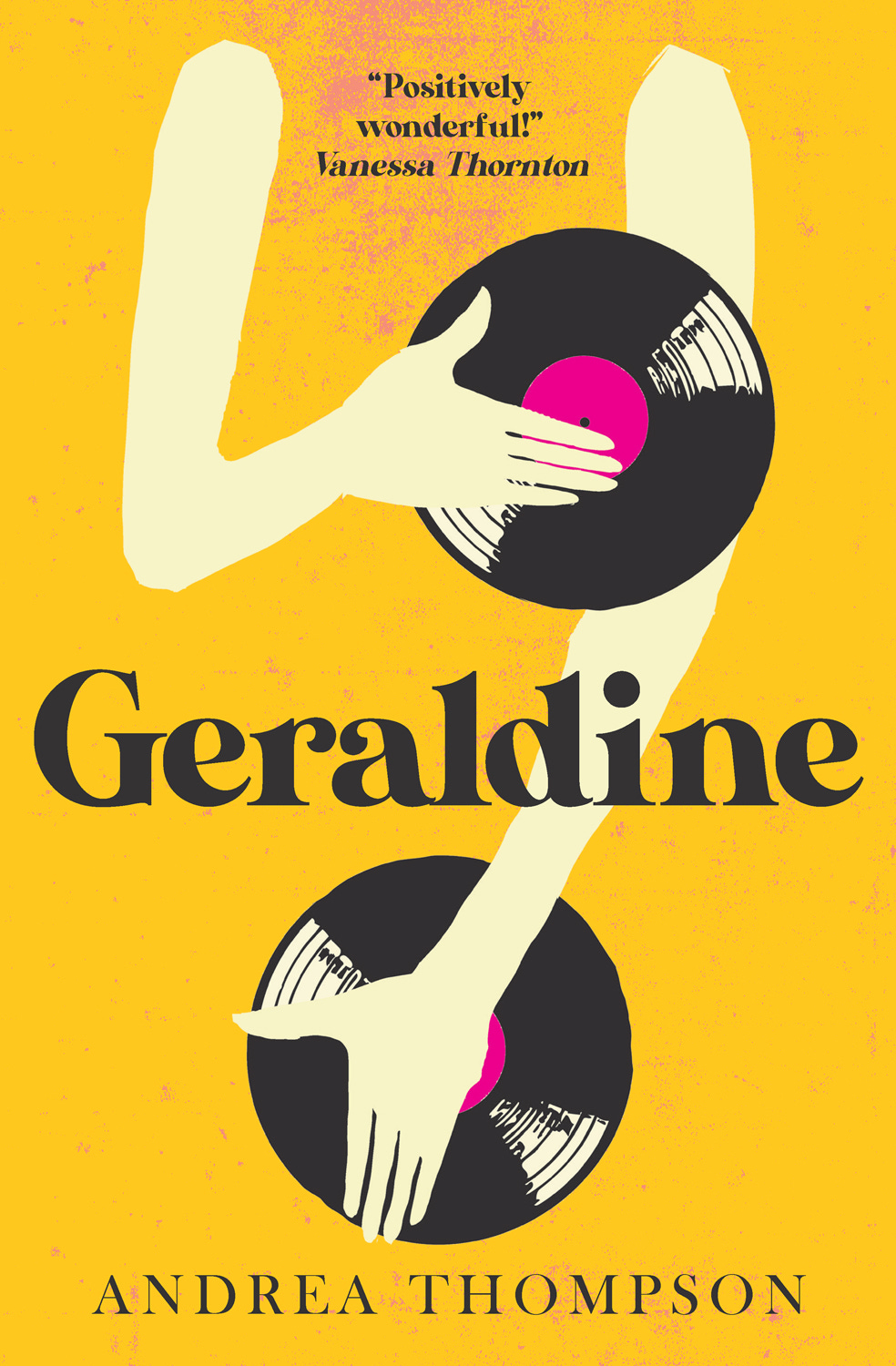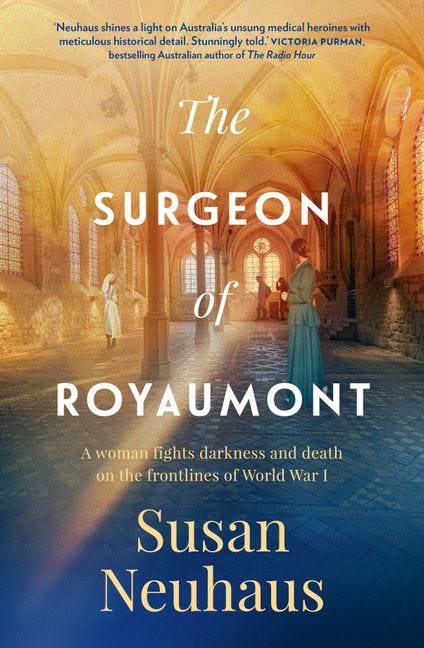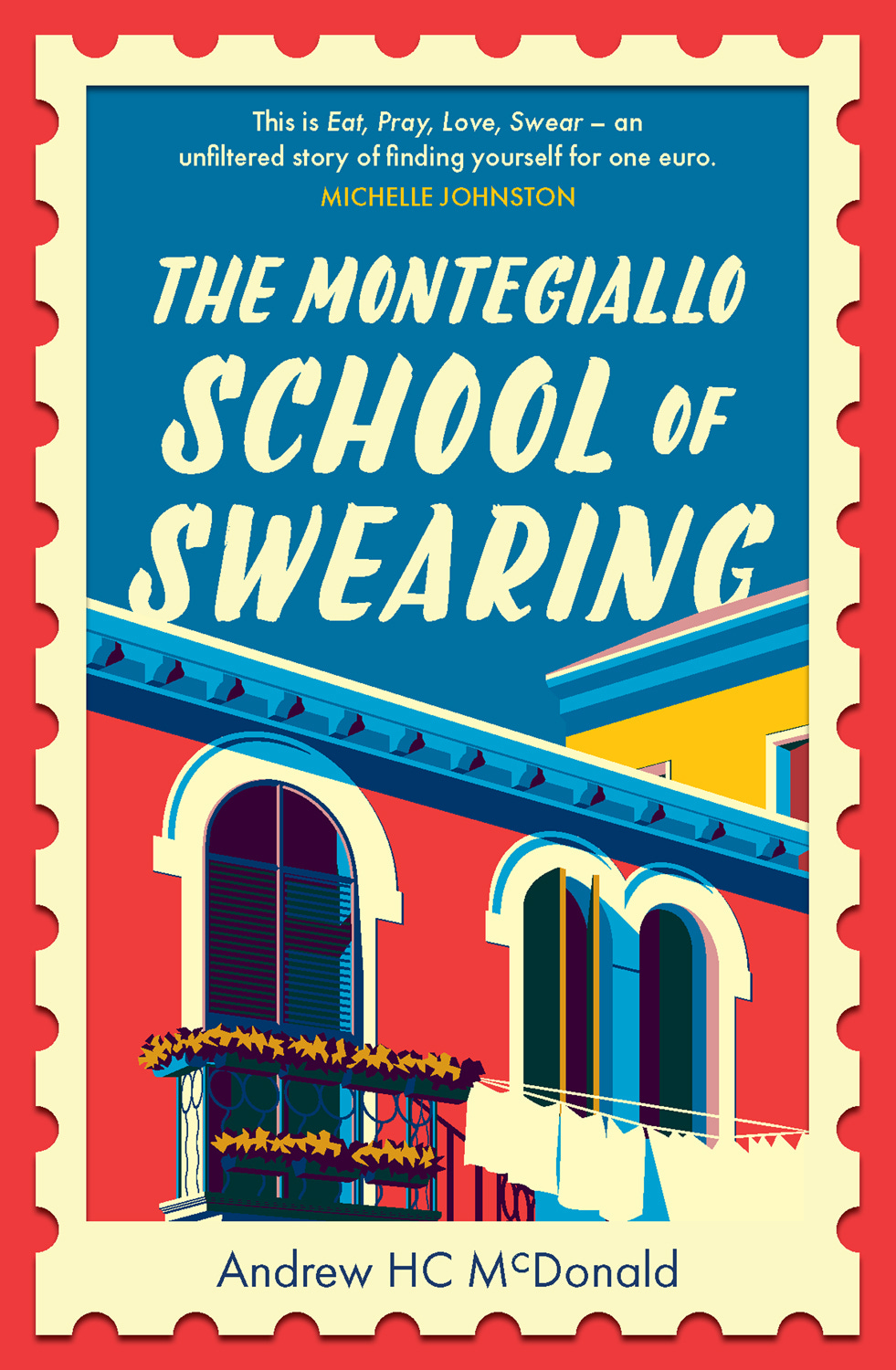Well hello!
Welcome to the April edition of New Voices Down Under. It’s been a month of school holidays, Easter and Anzac Day. The latter being pertinent to this month’s newsletter as it features novels that deal with women’s roles in war time in two quite different ways.
In Books to Love, Andrea Thompson’s Geraldine is a fascinating exploration of what life is like when you don’t fit neatly into society’s boxes. Real life war surgeon Susan Neuhaus has turned her attention to the experiences of women surgeons during World War I in a wonderful novel, The Surgeon of Royaumont. For something completely different, meet the hapless Brian as he buys a one euro villa and moves to the other side of the world in The Montegiallo School of Swearing.
In Meet the Author, I chat with Laura Elvery about her literary novel, Nightingale, which explores the final days of Florence Nightingale’s life as she reflects on the legacy of her work and life. Laura has made her mark as a brilliant writer of short stories, so it was exciting to explore how she went about writing this, her first novel.
And what would be a newsletter without Freebies? This month, you have the chance to win a copy of three of the featured novels. You know the deal, read the reviews and interview and answer the questions to be in the running.
Books to Love
Geraldine by Andrea Thompson
(Published ANZ March 2025)
By the time she is a teenager, Geraldine has lived a pretty nomadic lifestyle. Everywhere from Rhodesia, back to the UK, boarding school, local schools, no school. She’s smart, funny and rebellious. She’s not even of legal age to drink in a pub when her brother Harry’s band recruit her to be their manager — if she can get them a gig within seven days. So begins her love affair with the 1980s music scene, a career as a manager and the reinvention of her identity on every level.
When her parents decide their next move will be to Perth, Geraldine finds herself torn from the exciting life she has built in England to a sleepy town where she knows no one. But, as it turns out, Perth is the perfect place for Geraldine to finally get the help she needs to realise her authentic self and get the recognition she deserves.
Geraldine is a sassy, funny and sometimes sad novel about what it is to be born supposedly as one gender when you really identify as another. Andrea Thompson explores the world of a child who recognises early that she is not like every body else. First Geraldine uses the illicit drug market to ‘score’ oestregen to help her transition to a woman when the medical establishment refuses to help her. Australia offers greater acceptance and assistance but still she must endure prejudice and antagonism as she challenges the gender-normative views of friends, family and society. What is so captivating about Geraldine is her indomitable spirit. Music gives her a language to express herself but also a community. Friendship buoys her and sometimes saves her but it is her that ultimately saves herself.
Intersecting the very real efforts to reform the outdated laws around gender identity and sexuality, Geraldine explores how labels and attitudes deeply effect those who don’t fit into the neat boxes crafted by the larger society. In one sense, it is a argument for a post-gender world and no one is better placed to champion this than the wonderful Geraldine herself. Geraldine is a spirited, intelligent story that is as enriching as it is entertaining.
To WIN a copy of Geraldine, scroll down to Freebies
A little bit about the author …
Andrea Thompson is a music journalist, artist manager and promoter. Born in the north of England in the Swinging Sixties, Andrea has worked through a range of jobs including trades assistant in the north-west of Western Australia, factory worker, teacher and public servant, but her one constant is writing. Whenever the world makes her doubt herself, Andrea writes her way through the uncertainty. Geraldine began as a memoir. When Andrea discovered by accident that every other gender-diverse person in the world was also writing a memoir, she switched her focus and began writing for a central character who taught her the value and peace of the ordinary, and to never give up the fight.
Connect with Andrea Thompson
Find Andrea on Instagram here @andreathompsonauthor
Australia: Buy a copy of the book here
The Surgeon of Royaumont by Susan Neuhaus
(Published ANZ 2 April 2025)
February 1914: Clara Heywood is a newly minted doctor beginning her career in the children’s ward at Prince Alfred Hospital, Sydney. She has ambitions to one day become a surgeon but, as it is, from the matron running the ward to her medical colleagues, diagnosing illnesses and saving patients is only one of the challenges she faces. As a woman, most struggle to accept her authority. The one exception is another young doctor, Edward. Love blossoms between the pair.
When Edward volunteers to join the Australian army and goes to Europe to join the war effort, Clara is torn. She too longs to make herself useful but while the military accepts nurses, female doctors need not apply. She decides to travel to London and try her luck with the British but with no further success. However, the Scottish Women’s Hospital has no such qualms. By February 1917, she arrives at Royaumont Abbey Hospital, thirty kilometres north of Paris. Here, under the direction of Scottish surgeon, Miss Frances Ivens, Clara finally has the opportunity to contribute directly to the war effort and learn the emotionally and physically challenging skills required to become a war surgeon. She learns first hand the devastating impact and senselessness of war and the weight of responsibility she must carry in deciding who can be saved versus those for whom it is too late.
The Surgeon of Royaumont is a fascinating and compelling read. Artfully blending the day to day realities of the lives of these women who have come to serve with an understanding of the particularities of a society that is suspicious if not down right unaccepting of a woman’s place in the field of war. With her own background as a war surgeon, Neuhaus brings a unique and nuanced understanding to the conditions of a war hospital and the details of what surgery was like in these times.
With its roots in the suffrage movement, the Scottish Women’s Hospital was founded in 1914 specifically to provide doctors, nurses, ambulance drivers, cooks and orderlies in all-women medical units across various war fronts, including Royaumont Abbey. Many of the characters in the novel are based on their real life counterparts, including the head surgeon, Miss Frances Ivens who went on to be awarded membership of the Legion d’honneur.
Through Clara, Neuhaus explores the women’s contribution to the war effort but also the lack of recognition for their service. How ordinary men and women’s lives are impacted by trauma, by being conscripted to fight in a war at great personal cost, and what some men will do to avoid ever having to return to the conflict. Equally, how Clara’s ambitions are realised but the toll it takes on her idealism and compassion. Her relationship with Edward changes as does that with her the friends she makes at Royaumont as she is tested, sometimes found wanting but ultimately forged by her experiences. The Surgeon of Royaumont is a thought-provoking, compassionate and eye-opening novel, which through its author’s lived experience offers a unique insight to a subject that has been written about so many times before. It truly is a compelling and fascinating read.
A little bit about the author …
Susan Neuhaus is a surgeon and distinguished ex-army officer. She has served as a military surgeon in both peacekeeping and combat operations and was awarded the Conspicuous Service Cross for leadership and medical command in 2009. In 2020, she was made a Member of the Order of Australia for services to medicine, veterans and their families. Susan was appointed to the Council of the Australian War Memorial in 2018 and became the first woman to deliver the Anzac Dawn Service Address to the Nation. She has a deep interest in experiences of women surgeons at the turn of the century and the contribution of Australian women in times of war.
Connect with Susan Neuhaus
Australia: Buy a copy of the book here
The Montegiallo School of Swearing by Andrew HC McDonald
(Published ANZ April 2025)
Brian Chapman is a failure. His marriage is over. He only managed to be runner up as the Victorian Teacher of the Year. After a night drinking too much tequila with his mate, he goes home and does something even more regrettable. He buys a villa in a small Sicilian village of Montegiallo for the sum of one euro. Possibly the worst decision in a long run of bad decisions.
Hungover, the following day he realises his mistake but the contract is iron-clad. With the few remaining thousands leftover from selling the former matrimonial apartment, there is nothing left to do but fly to Italy and claim his new home. On the upside, the eight bedroom, six toilet house isn’t quite as bad as he assumed, ignoring the faulty electrics and barely functioning plumbing. He’s broke, he has to make this work. Armed with his Italian vocab text book leftover from his primary school days, Brian attempts to fit in.
Such is the set up for Andrew HC McDonald’s hilarious lighthearted novel about a guy trying to start over. Brian is the only Australian amidst the English and American ex pats also trying to renovate their one euro piles. The only person who does more than grunt at him is the priest. The real estate agent, Viviana, known as the Devil Woman, looks at him like he’s the complete idiot he is, but she’s also drop dead gorgeous. Hopes of restoring his home to its former glory rely on the only plumber and electrician in the village and, given he is the most recent arrival, the other ex pats make it abundantly clear that his villa is way down the list of priorities. Rapidly running out of money, Brian hits on a plan to start conversational English classes at the local Bar Limone. Except the locals aren’t interested in learning English unless Brian is prepared to teach them how to swear at the English and American expats.
As any reader would expect, what ends up happening is utter chaos. The Montegiallo School of Swearing is delightful fun of a mostly clean nature if you don’t mind the actual swearing being yelled in the streets of this once quiet village. McDonald has clearly enjoyed the writing of this novel and creating a diverse cast of characters with which to populate it. It’s a very pleasant way to wile away a weekend afternoon.
To win a copy of The Montegiallo School of Swearing, scroll down to Freebies
A little bit about the author …
Andrew HC McDonald was born in the small town of Shackleton in the Wheatbelt of Western Australia, moving to the foothills of Perth at an early age. He has been a photographer, a comedian, story teller and is well known as a visual artist, particularly as a printmaker. He currently works at Curtin University.
Connect with Andrew HC McDonald
Find Andrew on Instagram here @ahc_mcdonald
Find out more about Andrew and his creative practice on his website here
Australia: Read an excerpt of preorder a copy of the book here
Laura Elvery is the author of Trick of the Light and Ordinary Matter, which won the 2021 Steele Rudd Award for a Short Story Collection and was shortlisted for the Queensland Premier’s Award for a Work of State Significance and the 2022 Barbara Jefferis Award. Her work has been published in numerous literary journals and she has won the Josephine Ulrick Prize for Literature, the Margaret River Short Story Competition, the Neilma Sidney Short Story Prize and the Fair Australia Prize for Fiction. Nightingale is her first novel.
A little bit about the book …
Mayfair, 1910. At the age of ninety, Florence Nightingale is frail and no longer of sound mind. After a celebrated career as a nurse, writer and statistician, she now leads a reclusive existence. One summer evening she is astonished to receive a visitor: a young man named Silas Bradley, who claims to have met her during the Crimean War fifty-five years ago. But how can this be? And how does the elusive Jean Frawley connect their two lives?
Can you tell us a little about the inspiration behind this story?
Nightingale opens in the hours before Florence Nightingale dies, aged 90, in London, in 1910. During her life as a nursing pioneer, statistician and writer, she was one of the most famous women in England. I started thinking about Florence about 5 or 6 years ago when I was writing Ordinary Matter, which is about Nobel Prize-winning female scientists, and I was deep in the world of women-who-succeeded-despite-the-odds. One day I felt a little spark that matched a story I came across about Gallipoli’s Simpson and his Donkey with Florence Nightingale. I had the impression she’d died young – so when I found out she lived to be 90, and was unwell and living mostly alone for much of that, I wondered how she might have felt about all the lives she’d saved, or not saved, at the hour of her own death.
It is such an interesting premise. Nightingale is fiction but did you have to do a lot of research to get a sense of Florence Nightingale’s personal history and character and a sense of the times she lived in?
Lots of research, yes, which I mostly enjoyed! Florence wrote so many letters, so many reports and pamphlets and diaries, that biographers (not me) can create really lively portraits. I read half a dozen biographies plus to a lesser extent some books about the Crimea and about mid-19th century surgery, for example. I visited a few key places from Florence’s life, in England, on a trip in 2022.
Without giving too much away, I found your depiction of Silas a fascinating creative device. I can see that it filled a technical plot need but I was left thinking that his story was more about being haunted by love than death. Is that what you intended?
Thank you! Yes Florence is the real historical figure I’ve fictionalised but I’ve created another pair of protagonists whose lives intersect with hers. One is Jean, a nurse who goes with Florence to the Scutari Barracks to help nurse British soldiers in the Crimea War. The other is Silas, a soldier who meets Jean and Florence on their journey. Silas came to me as a character earlier than Jean – I knew that a soldier would knock on Florence’s door unannounced – and he became Silas. But because I write without plotting everything beforehand, many of the turns and themes are revealed to me as I get the words down.
Speaking of haunted, now I reflect upon it, each of the main characters is haunted in their own ways. Not just by their shared experience of the Crimean War—the deprivations and horror—but perhaps too by the reasons they felt compelled to go into the war zone. Was this a theme that came out of the writing or were you already preoccupied with this idea as you sat down to write?
I was preoccupied with the idea of being haunted or visited for many years, of feelings of guilt that won’t go away. Jean, for example, is haunted by a tragedy that occurs right before she sees a newspaper ad asking for women to head to Turkey with Miss Nightingale. She took just 38 nurses that first time in November 1854. While some details are known about these real women, in creating Jean, I wondered what would motivate a ‘nice young woman’ to take such a step: it could be kindness, money, bravery, vanity, rebellion, duty, religion, or to escape something at home.
As a writer, I’ve written one proper short story in my life. You, on the other hand have two wonderful collections to your name—Trick of the Light and Ordinary Matter. I’m always curious as to what draws a writer to one form or the other. It’s kind of like, are you a sprinter or a marathon runner? Each has their own challenges. How do you see the evolution of your writing now that you are publishing your first novel on the back of two successful short story collections?
I still love writing short stories but I don’t have the same capacity to work on three or four concurrently the way I used to. In some ways a single novel is easier to balance and work on in my head day after day while I’m going about my life. To be a good short story writer (well, I think anyway!) I had to be open and attuned to the world in really specific and devoted ways on a daily basis. Nightingale took me about 5 years to write but I could focus on just those 3 main characters for that whole time, moving them around in my mind and having those conversations we have with our protagonists. At the moment my next work is another novel, but I would still like to write another collection of short fiction.
To WIN a copy of Nightingale, scroll down to Freebies
Freebies!!
If you enjoyed the interview with Laura Elvery, then this is your chance to win a copy of Nightingale. Thanks to UQP for providing us with **two** copies to giveaway. All you have to do is send a reply email with the answer to this very tricky question.
In which war is the story of Nightingale set?
Thanks to our friends at Fremantle Press, we have **one** copy each of Geraldine and The Montegiallo School of Swearing to give away. All you need to do is answer the following questions.
Where does Geraldine’s family move to in Australia?
How does Brian decide to solve his financial crisis?
The fine print: Giveaways are currently only open to subscribers and you must reside within Australia to be eligible to win (postage!) The winners will be picked at random and will be emailed on Tuesday 20 April 2025. Good luck!
The End
And here we are at the end of another edition. I hope these books have tickled your fancy. Please leave a comment, follow along on socials and come back again next month where there will be more bookish news, reviews, interviews and freebies. See you soon!
Don’t forget, you can always catch up with us on Instagram @newvoicesdownunder
And, if you’d like to read my author newsletter, you can subscribe to A Cuppa With Meredith here The next edition is out Thursday 5 June!










Thank you. Always enjoy these news letters. All three books sound fabulous. Being a retired nurse especially Nightingale!